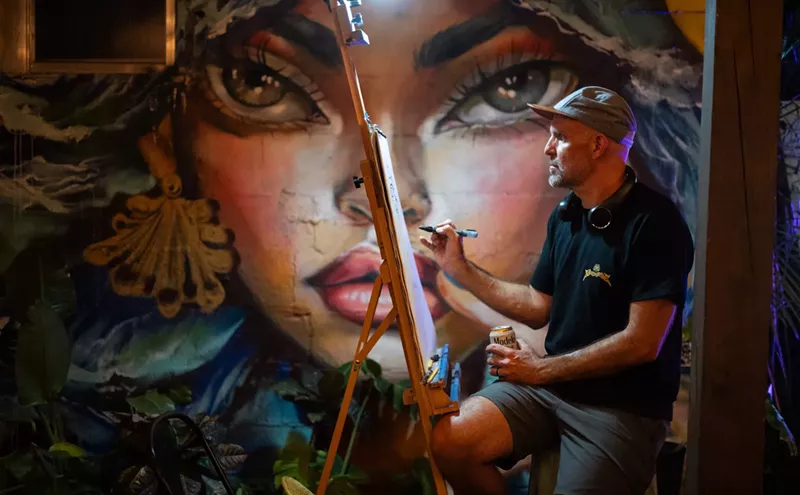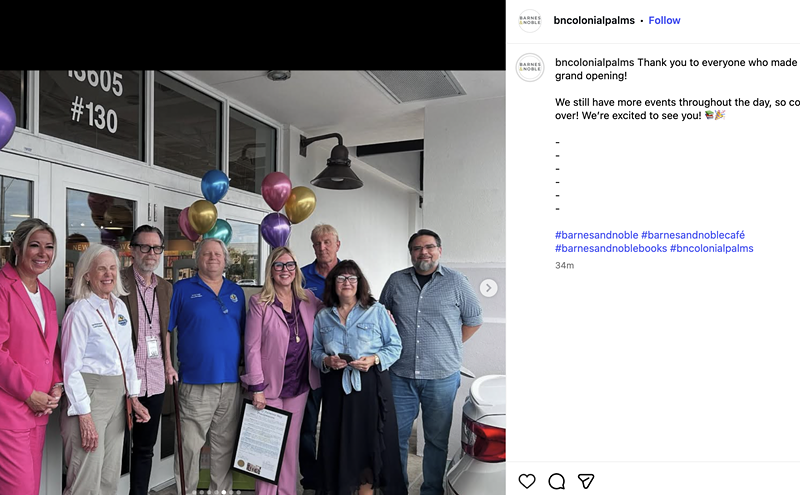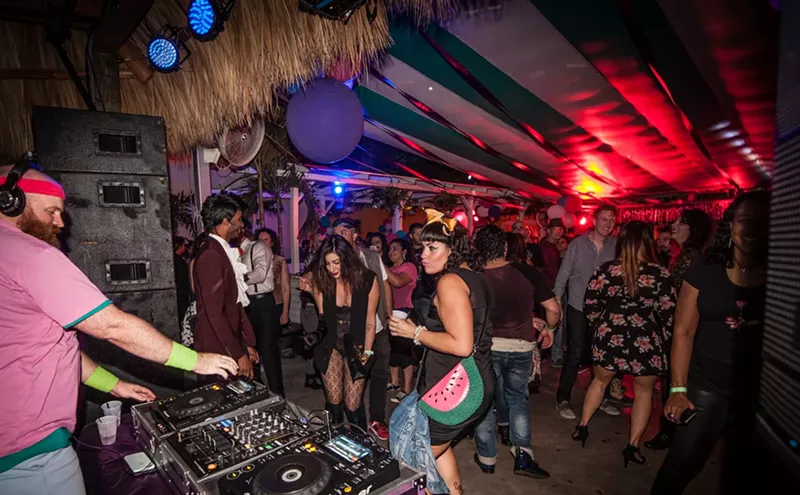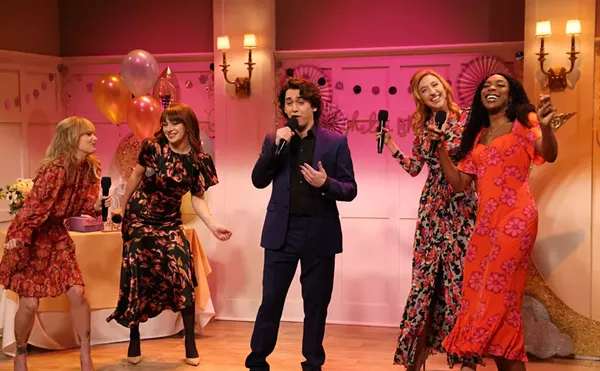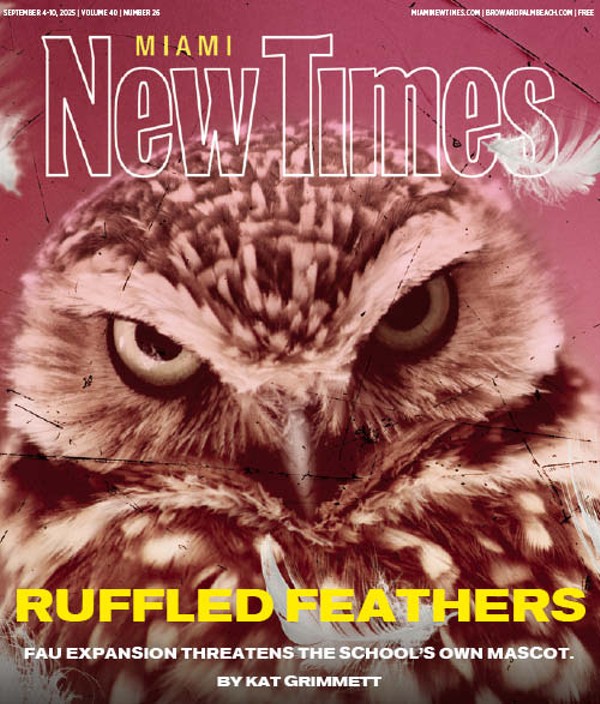"Poverty, violence, crime, pathology, and comic folly still dominate the popular imagination about black people, with very little nuance," says Derek Conrad Murray, associate professor of the history of art and visual culture at the University of California, Santa Cruz. He is a panelist at the Institute of Contemporary Art, Miami's We Do It This Way and Otherwise: New Black Queer Audiovisuals Symposium this Saturday, June 16. "The representation of black people has not moved far enough away from stereotype and caricature."
Online wildfires like #OscarsSoWhite and #MeToo have alerted the public to a conversation that's long been present in literary and visual fields. Now confronted with the downfall of popular culture icons such as Bill Cosby and Roseanne Barr, everyone is noticing a shift.
For Jennifer DeClue, assistant professor of the study of women and gender at Smith College and another symposium speaker, it's a sea change she's excited about. "It’s hard not to think about what’s not represented... Who does that serve?" she says. "What are some ways that we can think about popular culture through historical contexts of marginalized communities?"
The nitty-gritty of what it means to be critical of what we see in media can get lost. ICA's event isn't affiliated with or a response to ABFF necessarily, but that an event centering blackness and queerness in media coincides with the biggest weekend in
"Criticality is essential, but the challenge is to educate the public to understand the often-sinister nature of popular representation," Murray says. "Visual culture is a powerful tool for maintaining the status quo of division and disenfranchisement. Though, if mobilized correctly, it can provide the means to challenge misrepresentations [and] stereotypes."
To say our culture at large lacks a clear understanding of how this works is an understatement (see Trump's America mentioned above), but even among underrepresented groups, the politics of representation can get messy.
“When you are left on the margins you don’t have a lot of choices, so having a critical mind about things feels like shooting things down that feel like positive representations,” DeClue says. However, she emphasizes that it shouldn’t deter us from interrogating what we see and building a kind of visual literacy.
“Having the ability to think critically about the world you occupy, it gives you a different sense of self... I think it is [empowering].
"Visual literacy is very important, especially considering that we live in such an image-based society," Murray says. "Images are arguably the primary and most powerful way in which ideology is disseminated, so it always has been, and will be, a battleground."
We Do It This Way and Otherwise: New Black Queer Audiovisuals Symposium. 12:30 p.m. Saturday, June 16, at the Institute of Contemporary Art, Miami, 61 NE 41st St, Miami; 305-901-5272; icamiami.org. Admission is free with via icamiami.org.






